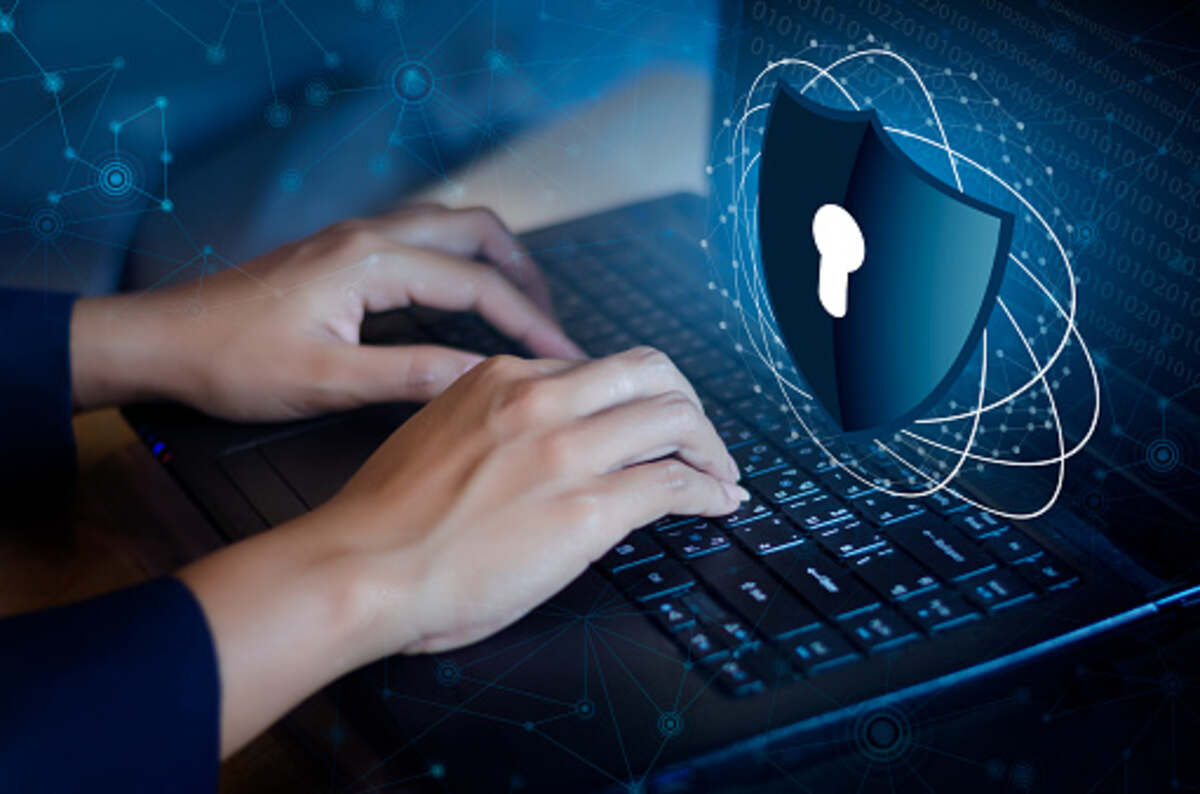Information security
The first step in implementing an information security program is identifying the data that needs to be protected. This can include source code of applications developed in-house or data that a business sells to customers. An information security plan is also necessary if a business produces or sells a digital product. Finally, information security is critical to an effective disaster recovery plan.
Information security encompasses processes, policies, tools, and technologies to prevent unauthorized information access. This includes protecting digital and analog information from unauthorized use, disclosure, and modification.
Cybersecurity
Cybersecurity is the process of protecting computer systems, networks, and information technology. It involves the use of encryption, firewalls, and other technical measures. A breach of information security can compromise a company’s business and reputation. It can also lead to the loss of vital business information. This is why having a security policy for your business’s information technology is essential.
Today’s rapidly evolving technological landscape presents challenges for implementing effective cybersecurity strategies. New technologies and software are constantly updated, introducing new vulnerabilities and opening systems to cyber-attacks. In addition, many companies are moving to the cloud, introducing a new design and implementation issues and a new category of vulnerabilities. Unfortunately, companies often fail to identify these risks and implement effective countermeasures until it is too late.
Internet security
Internet security is a computer security branch covering the internet, websites, and other applications. The objective is to secure the use of the internet and prevent attacks. It also protects networks and other operating systems from being attacked. The term “Internet security” is a generalization, but the general concept is to protect against attacks and data.
Internet security solutions detect and block threats before they can compromise a computer. These solutions are essential for remote workers, who are more vulnerable to cyberattacks. These malicious software programs can infect computers, encrypt data, and even hijack a computer to hurt an organization.
Mobile security
Mobile security can be achieved by incorporating advanced security controls into a mobile application. By integrating secure mobile application code, organizations can ensure the security of their data and prevent the risk of data breaches. Mobile security also extends to the security of web-based applications. The development of mobile applications requires a careful coding of endpoints, authentication controls, and other critical areas. An attacker can exploit these vulnerabilities and compromise the entire application if these are not appropriately secured.
Another crucial mobile security feature is the use of strong passwords. Using strong passwords with multi-factor authentication can help minimize risk. Furthermore, make sure that your device is updated regularly. And always make sure that you log out after using an app.
Derivative securities
Derivative securities allow investors to trade the risk associated with a particular asset. For example, a farmer who hopes to sell his crop in the fall wants to lock in the price of his corn until spring. However, waiting six months to know how much his crop is worth is not ideal. So instead, he opts to purchase a futures contract that allows him to lock in the price of corn today but sells the uncertainty associated with the price in the future.
However, many derivatives are highly complex, so they are not for the uninitiated. Furthermore, the market for derivatives is global and in trillions of dollars. For example, as of December 2016, the outstanding US dollar notional value was 67,245 billion. As a result, many academics study the nature and valuation of derivatives. There have been thousands of articles written on the topic of pricing derivatives.


